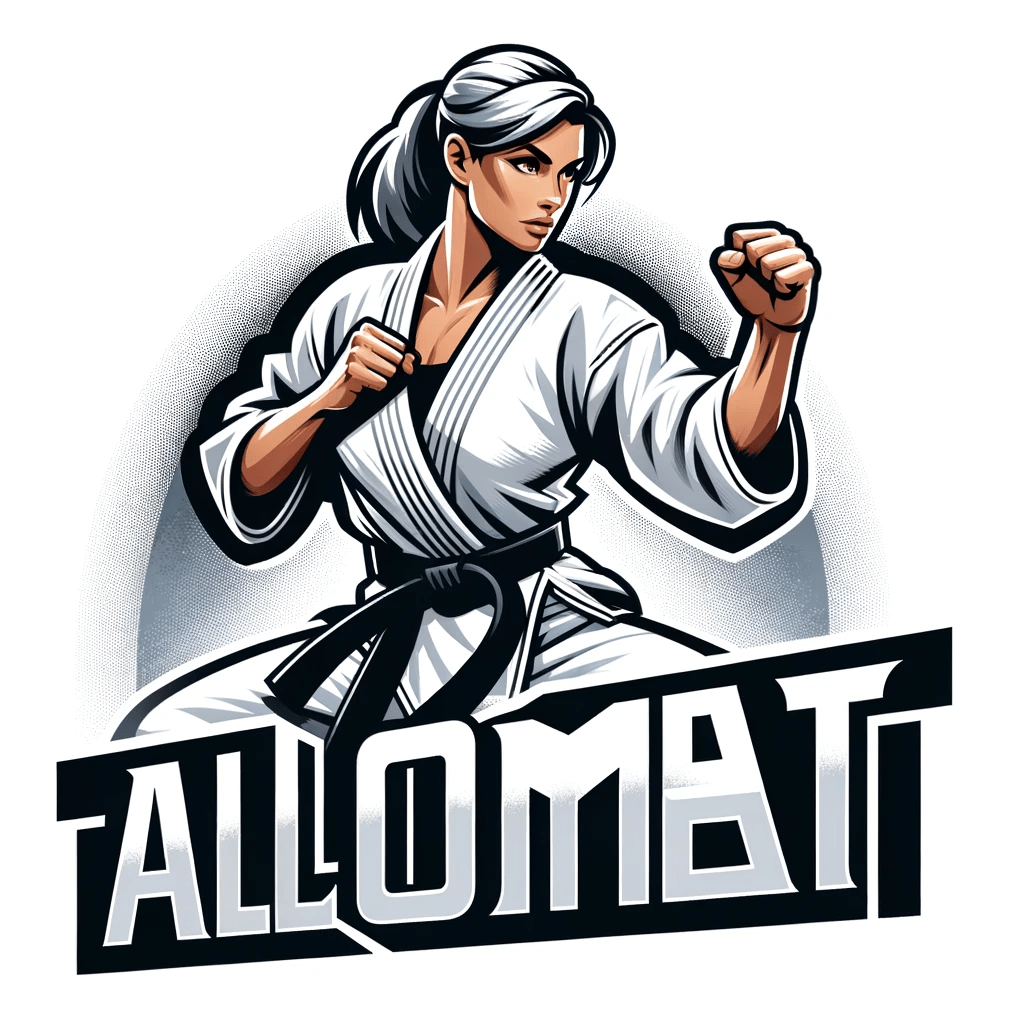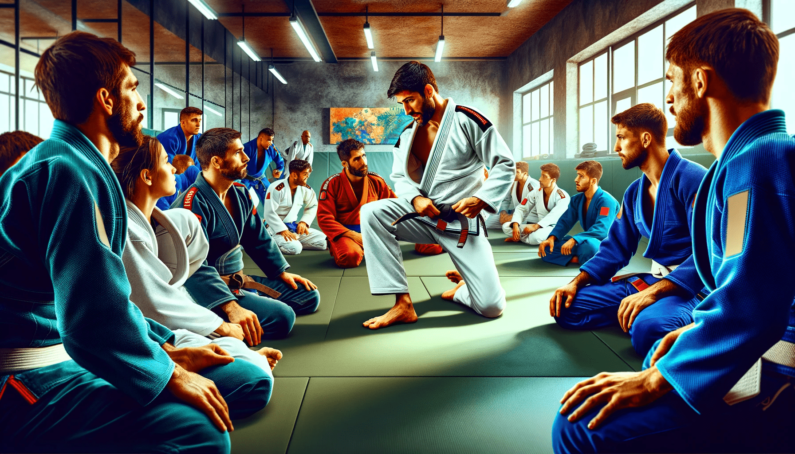As with most martial arts that involve physical contact and submission grappling, those who reach higher levels often are given titles like ‘Sensei’ or ‘Professor’ to honor their hard work, dedication, and expertise of teaching the respective art they instruct in. While this honor should be reciprocated by students who become instructors themselves over time, this also creates an odd dynamic in a gym or dojo that may make some feel intimidated by their instructor.
As such, newcomers to BJJ must know exactly what name to call their instructor, and how best to address them. Establishing this protocol early can have a big effect on student retention; drop out rates are extremely high in BJJ among those struggling with their ego or who find it hard to accept being overshadowed by higher-ranked students – and often this stems from not understanding their rank and relationship between instructor and student.

Sensei is an honorary title used to pay respect to teachers in Japanese martial arts and Brazilian Jiu-Jitsu. Often only awarded to those who reach black belt level and regularly teach, some schools use Professor as their highest ranking instructor regardless of whether or not they have attained it.
Sensei or Professor
Both “Sensei” and “Professor” are widely used terms in BJJ, each having its own advantages and disadvantages. While “Sensei” harkens back to traditional roots of martial art, “Professor” has more informal connotations.
Jiu Jitsu can be an exhausting sport, which makes it important for newcomers to find a gym and instructor that best meet their needs. Finding an instructor with whom a student feels comfortable will determine if they stay with their training and progress forward.
Finding an experienced BJJ instructor requires visiting several schools and inquiring about the classroom where classes take place. Most instructors are more than happy to show off their studio and answer any queries that arise during your search process. Videos featuring their students training is also a good way for potential newcomers to get an idea of the training experience, while visiting the school or dojo in person gives students an opportunity to observe whether the instructor matches up well with them personally and their personal style and personality. Finding an instructor of quality is paramount, since newcomers may quickly become disenchanted if the training environment does not excite and inspire confidence and passion in them. A poor instructor may leave students disillusioned and prevent them from reaching their goal of learning to defend themselves effectively.

My passion for martial arts goes beyond practice; it is a philosophy that shapes my writing, bringing a distinctive edge to my narratives and advice. I hold black belts in two martial arts disciplines and have competed internationally, experiences that enrich my storytelling with authenticity and excitement.

